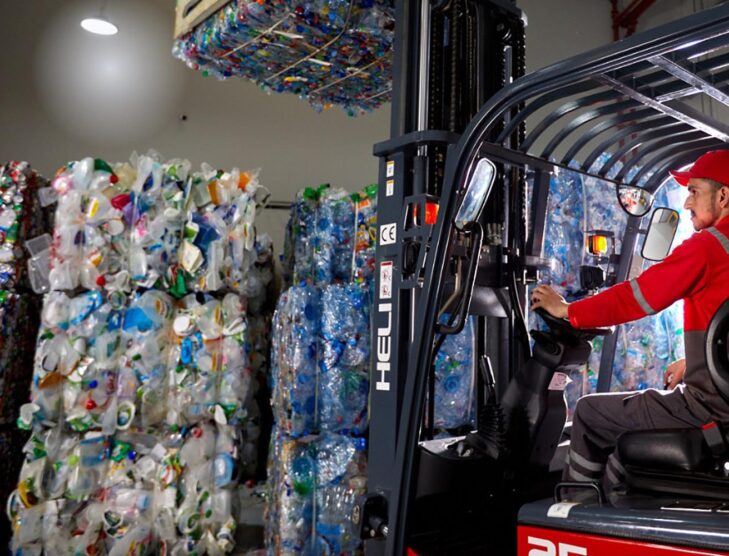
Veolia, TotalEnergies partner on UAE lubricant container recycling
French resource management group Veolia has collaborated with energy major TotalEnergies subsidiary TotalEnergies Marketing Middle East (TEMME) on used lubricant container recycling across service centres in the United Arab Emirates.
Under the arrangement, Veolia utilises subsidiary RECAPP’s accumulated waste sorting and processing expertise establishing recovery infrastructure for end-of-life oil packaging reuse. Facilities shred collected containers before separating out residual crude fractions through a filtration process eventually producing recycled plastic resins.
In a statement, company executives framed the commercial tie-up as an auto industry first, simultaneously tackling local landfill diversion and supporting national circular economy goals. Initial plans suggest recycling more than 40,000 units annually that RECAPP Managing Director Jerome Viricel expects will continue expanding given widening sustainability pressures.
The resulting secondary plastic material holds applications spanning lubricant bottles to other commercial uses like construction components or furnishings. It undergoes treatment at a Dubai Municipality-approved recycling plant meeting regional standards.
TotalEnergies Managing Director Thomas Vigneron positioned the effort driving responsible waste principles through dealer network participation. It expands the French firm’s regional agenda encouraging ecological stewardship practices that consider full product life cycles.
Analysts emphasised projected volumes likely pale compared to wider plastic dumping rates nearing global highs per capita locally. But they believe consistent advocacy and educational messaging around recycling holdouts like lubricant jars positively shifts perceptions over time.
With Dubai hosting the 2023 UN climate change conference, observers described commercial visibility wins for the firms as evidence gathered around national sustainability progress. However, they stressed requiring dealers absorbing processing fees without passing costs to consumers risks limited engagement amid thin margins.













